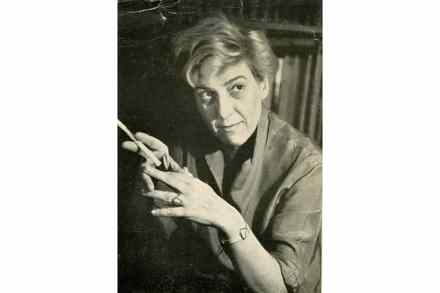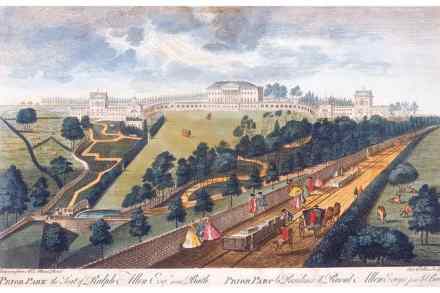Smugglers’ gold: Winchelsea, by Alex Preston, reviewed
The atmospheric medieval town of Rye on the south coast still celebrates being a former haunt of smugglers, and on foggy nights it’s not hard to imagine stealthy figures in the shadows rolling barrels of illicit rum down its cobbled streets. Alex Preston has relocated to nearby Winchelsea, making it the setting for this maritime





















